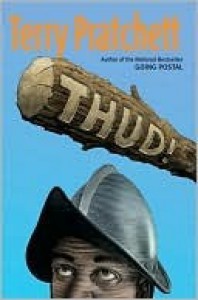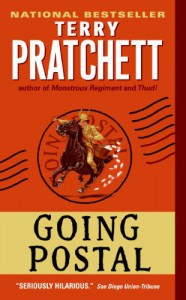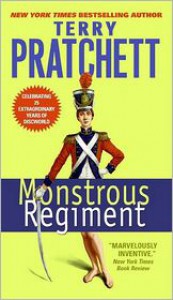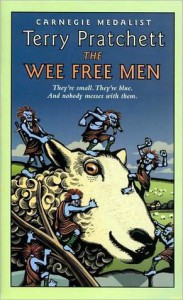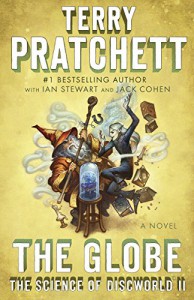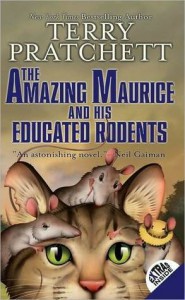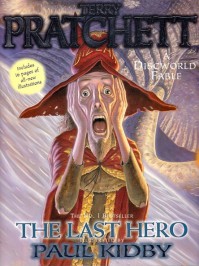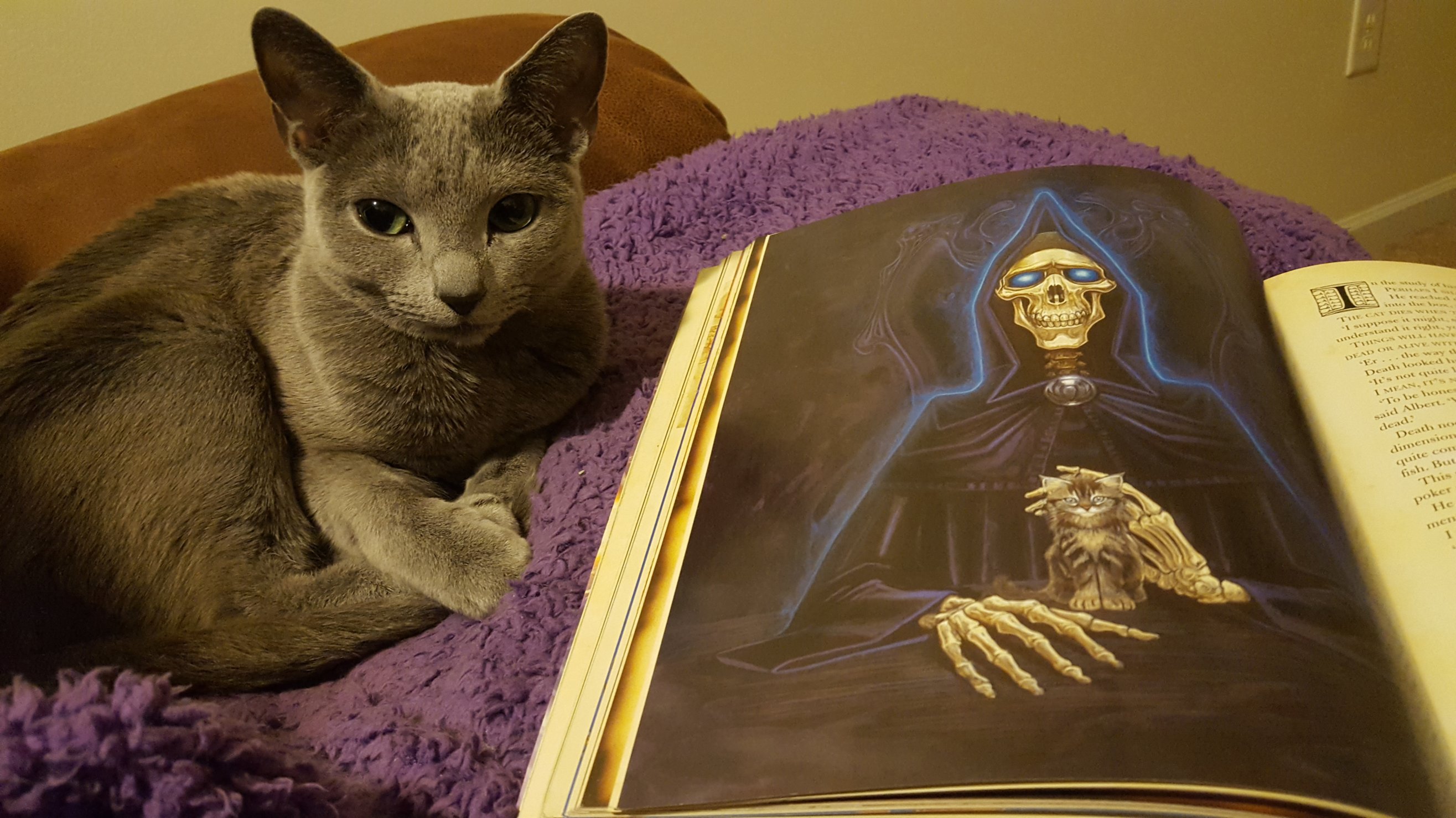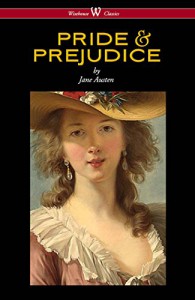
Although I loved reading from an early age, I didn’t usually enjoy the classics we were required to read for school. In my adult years, I’ve mostly avoided them aside from several science fiction and fantasy classics. As a result of a conversation in a thread on another site, I decided to read one classic per quarter, not counting the SF&F classics I would have read anyway. Four classics per year may not sound like much, but it’s an easy commitment to keep and it’s better than my previous rate of 0 per year. So, Pride and Prejudice was my first pick. I chose it in large part because I had never read anything by Jane Austen and because I often see her work referred to favorably, so I’ve been curious about it.
I did enjoy it quite a bit. It’s full of sarcastic humor, sometimes very subtly expressed and sometimes not. Elizabeth’s father was particularly amusing, and provoked my most uproarious outbursts of laughter. He had some major flaws, of course, and maybe I shouldn’t have found him as funny as I did, but he really was hilarious. Elizabeth herself could be quite funny also. Jane grated on my nerves at times but, in general, I either liked the characters or else I was at least amused by them.
I think this proved to be an accessible starting point for reading classics, with a straight-forward story that left me free to focus more on the writing style and the customs of the time. Pride and Prejudice was published in the early 1800’s, and the language was definitely a bit different from today’s language, but it was easy to understand in context. Even completely unfamiliar terms such as an “entail” were given enough context for me to understand what they meant. By the time I finally looked up more info, I didn’t learn much more than I had already figured out on my own, although it was nice to get the confirmation and see things described a bit more concisely.
The biggest difficulty I had in the beginning was with keeping the characters straight. In that era, people were usually addressed and referenced formally, using their last names. There were multiple characters with the same last name since they were members of the same family, and sometimes I had to re-read passages to make sure I knew who was doing and saying what. I had far less confusion once I got far enough into the story to have a better handle on who the different characters were.
If this same story had been told in a modern setting and with modern language, I doubt I would have enjoyed it nearly as much. I’m not crazy for romance novels, which is essentially what this book is. I’m sure it influenced many of the common romance plot elements found in books today, and I definitely recognized some of them from the romances I read in my youth. At least plot devices like “the big misunderstanding” and “assuming the worst” are somewhat less annoying in a setting where people didn’t speak as openly about things as we do today. It makes the whole thing a little more believable. Those same devices in modern books, where the characters talk about anything and everything except the one piece of info that would cut the whole story short by 200+ pages, annoy the heck out of me. Either way, the romance aspect of Pride and Prejudice was not the main draw for me and was in fact a bit too sappy for me at the end. What I really enjoyed was reading what the characters did in their day-to-day lives, how they interacted with each other, what constituted “civility”, and, of course, all the sarcasm. It was almost like having the chance to visit and learn about a new culture.
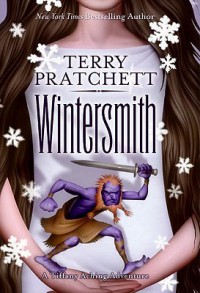
 9
9
 2
2
